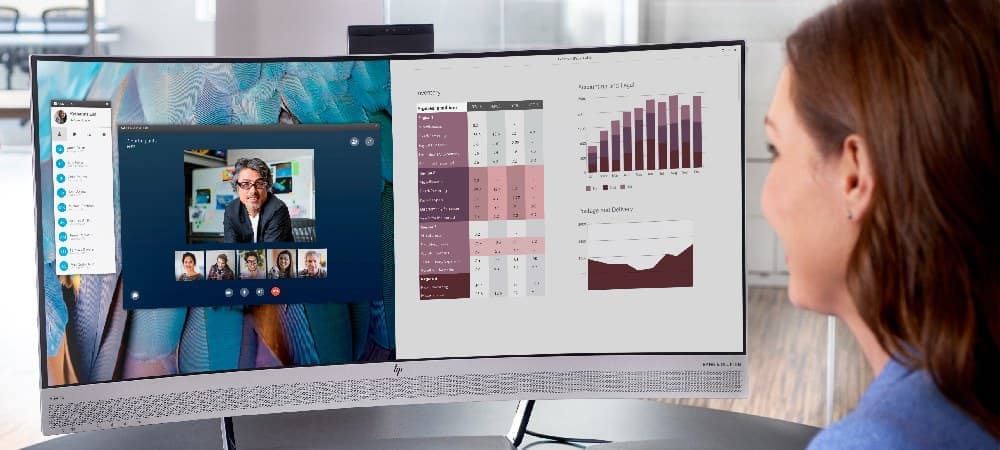To keep up with the demands of modern technology and design, it’s becoming increasingly critical to have access to good laptop processors for gaming.
While the overall quality of laptop processors has improved substantially over the years and will continue to do so, PC gaming has come a long way too. In many ways, contemporary gaming looks like it still has plenty of ground left to cover, especially when you consider
virtual reality games and related recent developments.
1. Cost vs performance
Your preferences and personal style of gaming will help determine the perfect balance of cost and performance, in addition to the features that are most important for you.
Regardless of your situation, here are some of the characteristics you’ll want to keep in mind as you shop for a new gaming laptop processor or contemplate a total upgrade to get the graphics performance you desire.
2. Clock speed
Processor cores and clock speeds determine how much information can be received at a time, and
how quickly that information can be processed on your computer. The speed at which your computer’s cores and clock speed work together is considered its processing speed.
To avoid getting left in the lurch, you need a processor that can execute tasks quickly. Most modern processors are entirely adequate for general computing, but designers, artists, engineers, and gamers typically require additional performance.
A CPU's clock speed is measured in gigahertz (GHz). Processors with a higher GHz rating offer a higher clock speed and thus better performance for visual-heavy tasks like gaming.
If you have a very high clock speed in a single-core processor, you can load and execute one program fast. But what if you want to play a graphics-heavy game while streaming or recording your session?
While more traditional processors depended on a chipset with a single-core, it has become common for gamers to work with more powerful, multi-core options.
3. Multi-core options and dynamic controls from HP TurboBoost
When looking through many
HP computers, you’re likely to notice a range of helpful processor features, the primary being higher output from multi-core processors. These processors use a single chipset to hold multiple cores, an improvement that eases the strain from completing multiple tasks simultaneously.
For serious gamers, there are dual-core, quad-core, and even octo-core configurations to consider, all of which can help create a seamless gaming experience with minimal lag, high frame rates, and everything else you need.
A CPU with more cores and a lower GHz rating will be able to run numerous programs, but may run them somewhat more slowly. If budget is not a consideration, then the ideal combination is a multi-core CPU with a blindingly fast clock speed. We can all dream, can’t we?
Many HP products also feature HP TurboBoost, which helps your processor adapt dynamically to different tasks.
4. Can your processor be overclocked?
Overclocking allows DIY gamers to increase the output of their hardware by boosting their speed levels beyond the factory settings. The advantage is increased performance during intensive tasks like gaming that may otherwise be too cumbersome or difficult for the computer to run.
The downside is that it can void your manufacturer’s warranty and may increase wear on your components.
It’s important to know that overclocking does increase your computer’s heat output, so you’ll need to keep an eye on just how far you push your speed settings. You will want to minimize the additional wear to your components caused by the heat.
5. Look at the specs
Both AMD and Intel have CPUs that are great for gaming. You can read a detailed overview of what these two tech leaders offer along with specs on specific models by clicking here:
Best CPUs for Gaming.
Summary
Of course, gaming performance depends on other hardware factors like the
graphics card, hard drive, and memory, but a high-performance CPU will always help you get the most from your entire suite of components.
Whether you are upgrading your current laptop or are in the market for
a new gaming laptop, consider your gaming habits, how many programs you run at once, and the demands that your favorite games place on your CPU.
About the Author
Dwight Pavlovic is a contributing writer for HP® Tech Takes. Dwight is a music and technology writer based out of West Virginia.
Popular HP Gaming Laptops:




















